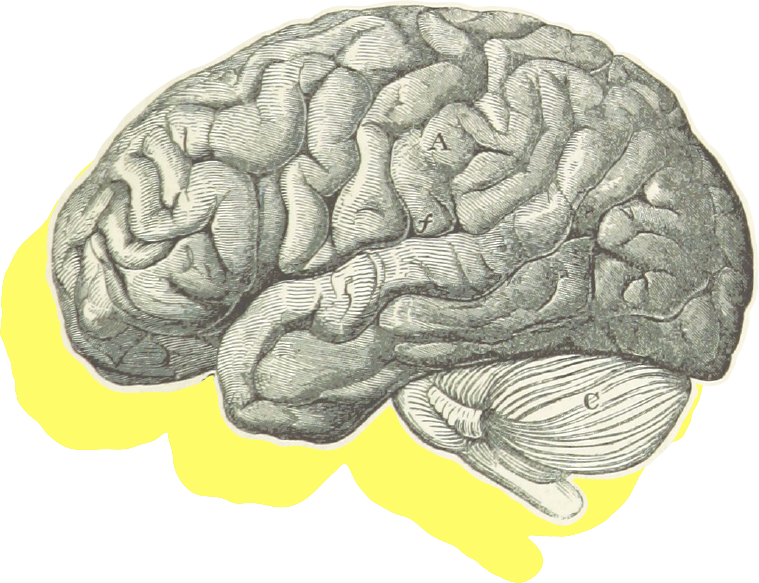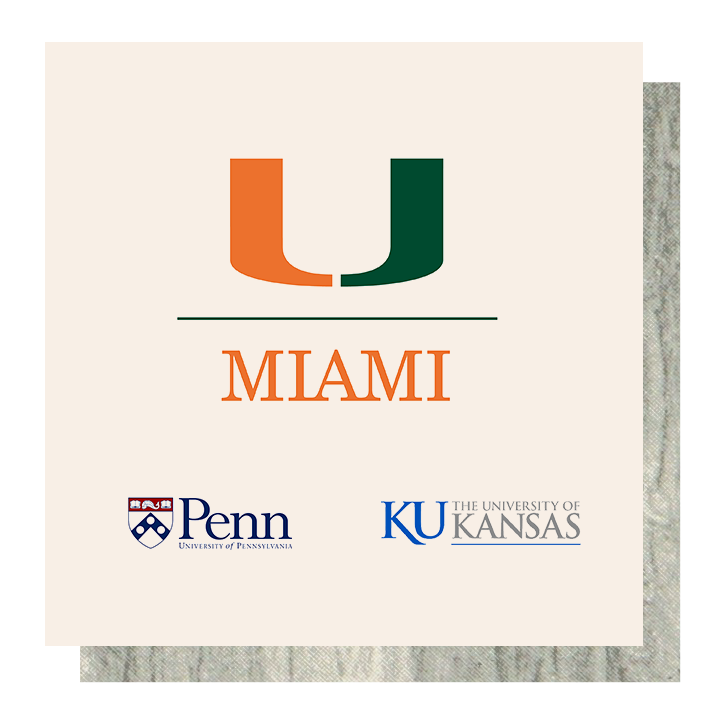You are invited...
First off – a big thank you. To everyone who’s doing whatever they can to help advance science. Here’s an additional, maybe unusual opportunity. If you’re already planning to be a brain donor – and you do not have a neurologic disorder – you may be able to help advance science in a way you hadn’t thought about.

It’s a chance to participate in a specific research study in need of study participants like you now, making your brain even more valuable when the time comes to donate it. Maybe it’s something you’ve never considered because you’re lucky enough to have avoided a neurologic diagnosis. In this case, that makes you particularly interesting to a specific study that’s exploring the biological basis for certain neurodegenerative diseases.
The study is taking place at the University of Miami’s ALS Center led by Dr. Michael Benatar, with supporting locations at the University of Pennsylvania and the University of Kansas Medical Center. ALS is Amyotrophic Lateral Sclerosis (sometimes referred to as Lou Gehrig’s Disease), a neurodegenerative disease for which there is no cure. Your participation would help scientists identify biomarkers, which are the physical characteristics of a disease. Biomarkers can be used to evaluate diagnostic methods, develop prospective treatment and measure disease progression.
Participants need to provide biospecimens (blood and urine; cerebral spinal fluid if you’re willing) and answer questionnaires remotely five times over the course of a year. Once a year, you’d be asked to travel to Philadelphia, Kansas City or Miami – whichever’s closest – to undergo a brief neurological assessment.
This has no impact on your plans to become a brain donor – in fact, it makes your donated brain tissue more valuable to researchers since they’ll have access to the data collected about you while you were still alive. Scientists are looking for certain changes that may occur over time to compare that to the donated post-mortem tissue.
If you decide this study is not for you, no worries. You can proceed with donating your brain as you’d originally intended. But if you’d like to know more or enroll in the study, please contact [email protected] or call 1-844-837-1031.
